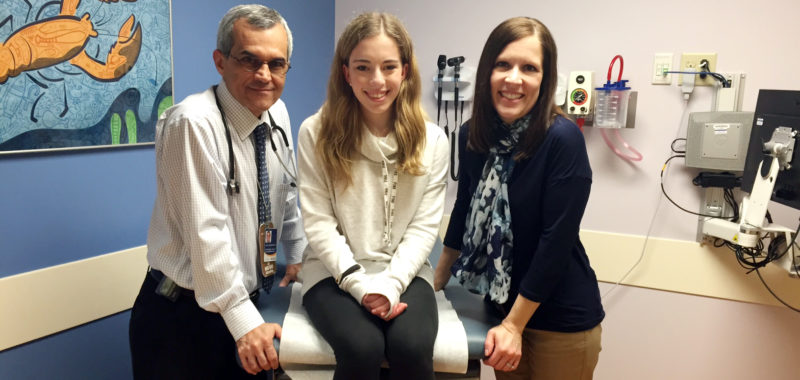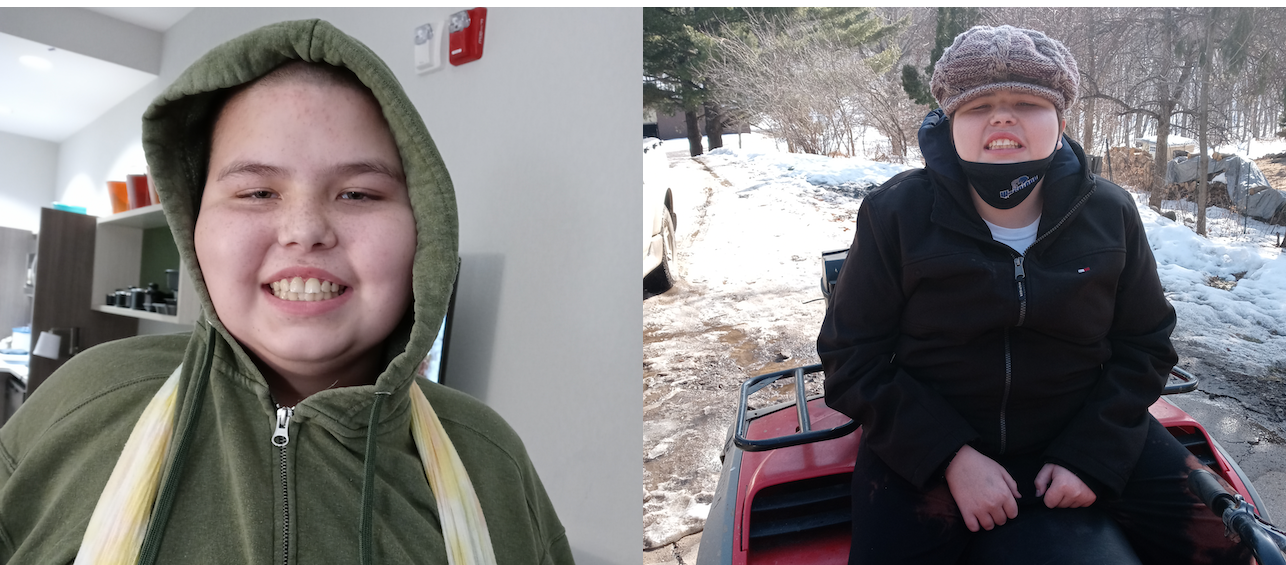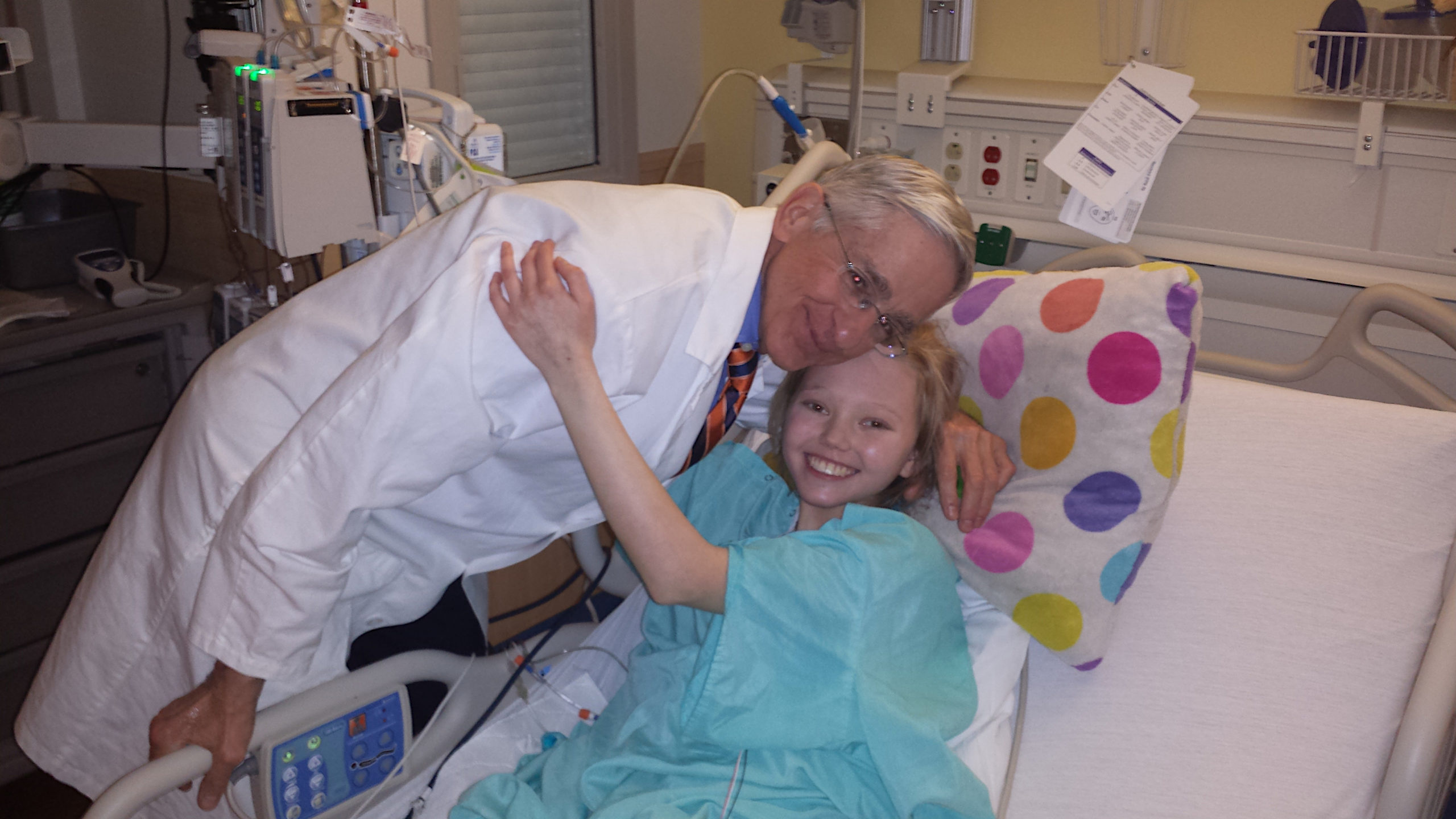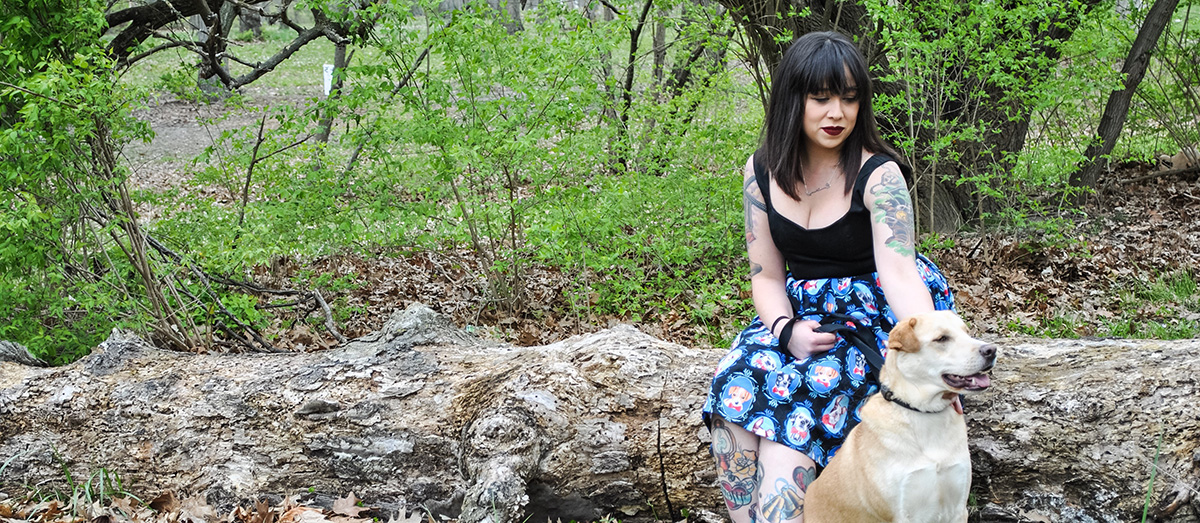If you know me, you may notice that my life seems to have a recurring theme of nines. Until the age of nine, I was a perfectly healthy child; taking dance classes and playing in the local soccer league. But, at the age of nine, my immune system suddenly attacked my liver, causing it to fail within a span of two weeks. On April 9th 2007, I received a life-saving liver transplant at Cincinnati Children’s within days of the time doctors estimated I had left to live.
I was lucky. In the transplant community, we call our transplants miracles and second chances; because that’s what they are. If it weren’t for my transplant team (that’s me with Dr. Bezerra and Julie Zigmond, my transplant nurse coordinator in the pictures above and below!) or my organ donor, I wouldn’t be here today, let alone be pursuing things that I love like dance or writing or going off to college in the fall.

21 people die each day waiting for an organ transplant, and the need is growing. Every ten minutes, another name is added to the waiting list. There are currently 123,000 Americans waiting for organ transplants, and many of them wait for years to receive their second chance. That second chance often depends on a stranger and their answer to one question: Will you be an organ donor?
In my Junior year of high school, as part of a government class project, we were asked to make a change within our community. It seemed obvious to me to try to do something that would impact these numbers. I had long since been volunteering to try to shift them. The year following my transplant, my family and I began looking for a way to give back in return for my second chance and found one in the form of volunteer work.
We began volunteering locally and with Lifeline of Ohio, became Donate Life Ambassadors. We still volunteer today, nearly nine years later. But it was through volunteering that I discovered that many people have misconceptions about organ donation.
While many people agree with donation, misconceptions are often the reason people say “no” to being organ donors. All of these misconceptions are false, and I believe many more people would agree with donation if they were given the right information.
In high school, I knew that there was a need for more in-depth organ donation education, specifically for the age group of emerging drivers. As a teenager, one is first faced with the question of whether or not to be a donor when getting a driver’s license.
Unfortunately, there isn’t currently a standardized program that allows students to be educated about organ and tissue donation in schools, and I knew that if health classes weren’t covering the topic, many of the questions students faced were left going unanswered.
I contacted my local state representative and she so strongly agreed with my views that Rep. Debbie Phillips drafted a bill to mandate organ donation education in Ohio schools to provide students with information to make a decision on whether or not to be a donor. The bill was introduced to the state house of representatives in April and will be in its second hearing in the fall, where I will speak to encourage its passage. It will then be voted on whether or not it will become state law.
Here I am again, nearly nine years later, healthy and looking toward the future. In the fall, I will attend the University of Iowa for French and Creative Writing, but once there I hope to continue to help others. Along with my double major, I plan to earn a Child Life certificate and continue my volunteer work at the University of Iowa Children’s Hospital, another major transplant center.
I can’t wait to see what the next nine years has in store for me, and while I will always make the most of my time, I have to remember that it’s all thanks to someone who said “yes.”






What in inspiring story! I agree 100%. My husband received a liver transplant last fall at U of Cincinnati. Our kids have learned a lot and we hope they will be advocates like you as they grow.
Thank you for your boldness!